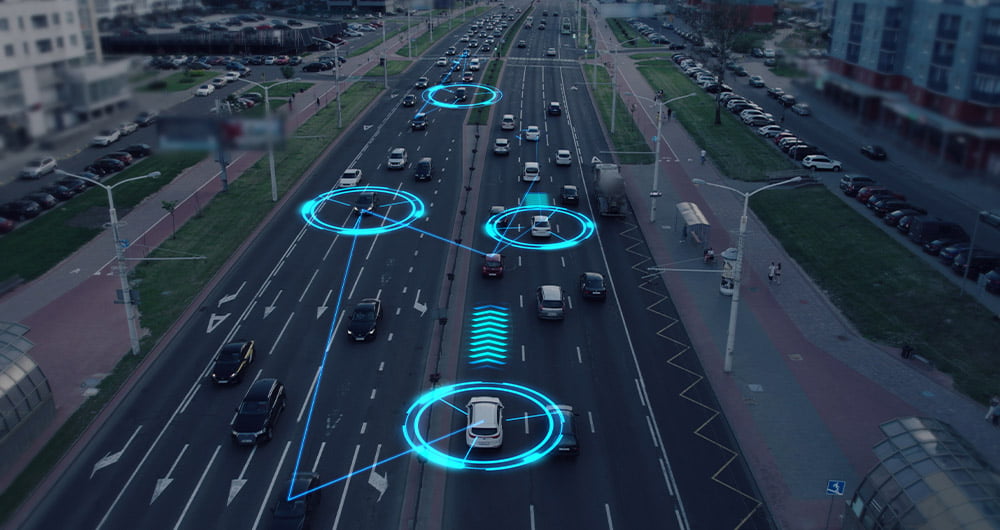41 posts found
Altruistic projects to create AI models in co-official languages
Artificial intelligence (AI) assistants are already part of our daily lives: we ask them the time, how to get to a certain place or we ask them to play our favorite song. And although AI, in the future, may offer us infinite functionalities, we must not forget that linguistic diversity is still a pe…
The role of data in driving autonomous vehicles
Just a few days ago, the Directorate General of Traffic published the new Framework Programme for the Testing of Automated Vehicles which, among other measures, contemplates "the mandatory delivery of reports, both periodic and final and in the event of incidents, which will allow the DGT to assess…
Federated machine learning: generating value from shared data while maintaining privacy
Data is a fundamental resource for improving our quality of life because it enables better decision-making processes to create personalised products and services, both in the public and private sectors. In contexts such as health, mobility, energy or education, the use of data facilitates more effic…
Industrial data governance: the basis for more efficient and sustainable production
Today's industry is facing one of the biggest challenges in its recent history. Market demands, pressure to meet climate targets, consumer demand for transparency and technological acceleration are converging in a profound transformation of the production model. This transformation is not only aimed…
The new European language data space is now available in its operational beta version.
With 24 official languages and more than 60 regional and minority languages, the European Union is proud of its cultural and linguistic diversity. However, this richness also represents a significant challenge in the digital and technological sphere. Advances in artificial intelligence (AI) and natu…
ALIA and foundational models What are they and why are they key to the future of AI?
The enormous acceleration of innovation in artificial intelligence (AI) in recent years has largely revolved around the development of so-called "foundational models". Also known as Large [X] Models (Large [X] Models or LxM), Foundation Models, as defined by the Center for Research on Foundation Mod…
Data on the banking sector: sources of access
Access to financial and banking data is revolutionising the sector, promoting transparency, financial inclusion and innovation in economic services. However, the management of this data faces regulatory challenges in balancing openness with security and privacy.
For this reason, there are different…
Smart destinations as open data generators: barriers and opportunities
A Smart Tourism Destination (ITD) is based on a management model based on innovation and the use of advanced technology to optimise the visitor experience and improve the sustainability of the destination, while strengthening the quality of life of residents. The DTI model is based on a series of in…
Environmental data spaces: key to the success of the European Green Pact
The European Green Deal (Green Deal) is the European Union's (EU) sustainable growth strategy, designed to drive a green transition that transforms Europe into a just and prosperous society with a modern and competitive economy. Within this strategy, initiatives such as Target 55 (Fit for 55), which…
PET technologies: how to use protected data in a privacy-sensitive way
As organisations seek to harness the potential of data to make decisions, innovate and improve their services, a fundamental challenge arises: how can data collection and use be balanced with respect for privacy? PET technologies attempt to address this challenge. In this post, we will explore what…









